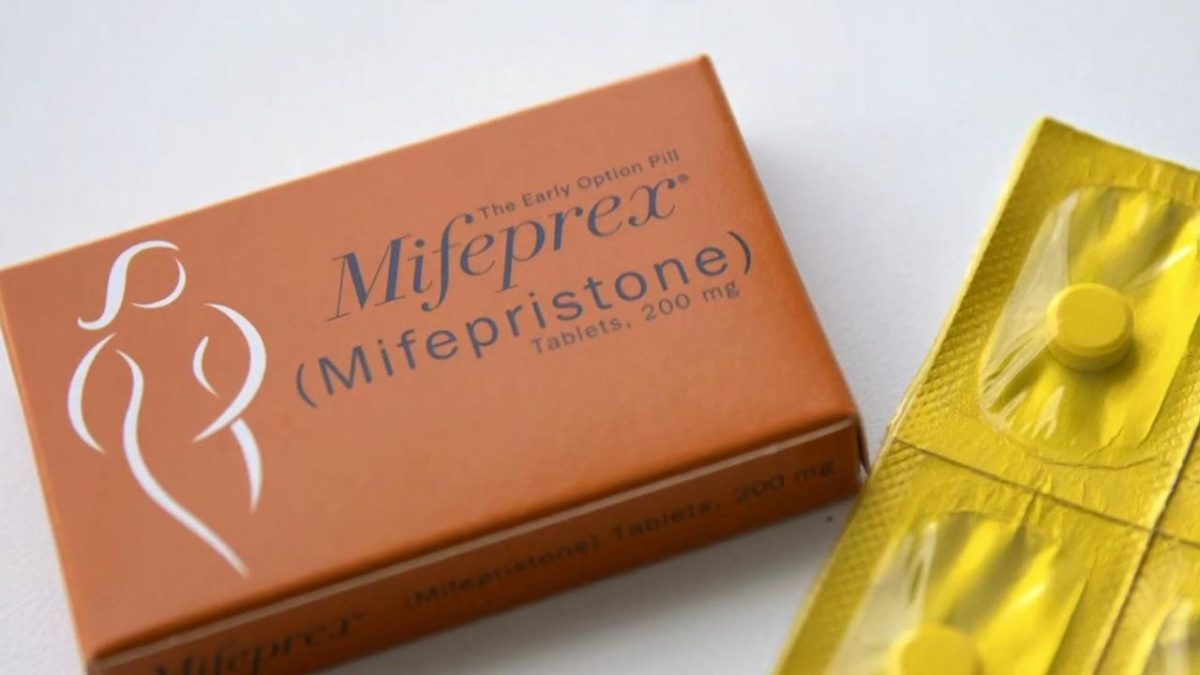(Reuters) – Louisiana’s governor yesterday signed a bill making his state the first in the U.S. to classify two abortion-inducing medications as controlled substances, a category that healthcare regulators typically reserve for drugs prone to abuse or addiction.The measure, thrusting Republican-led efforts to restrict abortion back to the political forefront in a presidential election year, was signed into law by Republican Governor Jeff Landry a day after the state legislature sent it to his desk.
The bill cleared Louisiana’s Republican-majority House of Representatives and Senate by wide margins, even as efforts by the U.S. Food and Drug Administration to expand access to abortion pills is facing a legal challenge before the Supreme Court.
The new law designates mifepristone and misoprostol, which the FDA approved more than two decades ago as safe and effective for terminating pregnancies, as Schedule IV drugs, typically pain-killers and mood-altering medications that merit greater oversight due to their potential for abuse or dependence.
That puts the abortion pills in Louisiana in the same category as anti-anxiety medications Xanax and Valium, though neither mifepristone nor misoprostol is considered by the medical establishment to pose an addiction hazard.
Still, the reclassification makes it riskier for Louisiana residents, who are already subject to a near-total ban on surgical and medication-induced abortions, to obtain the pills from out of state or order them online without a prescription.
Critics say the measure will also make it harder for patients to obtain the drugs when they are prescribed for other routine uses, such as inducing labor in childbirth, treating miscarriages and reducing the risk of serious bleeding from ulcers.
‘CHAOS AND CONFUSION’
Doctors will need a special license to prescribe the drugs, and those prescriptions are entered into a state database that law enforcement can access without a warrant. Critics say that situation could compromise patient privacy and expose physicians to unwarranted investigation.
“It creates more onus, more chaos and confusion for people accessing this medication,” Kirsten Moore, who heads the nonprofit Expanding Mediation Abortion Access (EMMA) Project, adding that the overall intent is to “put mifepristone and misoprostol back under lock and key.”
The two pills, taken together as a two-drug regimen that allows women to terminate a pregnancy at home, now account for more than 60% of all U.S. abortions.
The bill makes unprescribed possession of the pills a crime punishable by one to five years in prison and fines of up to $5,000.
Although pregnant women are expressly exempt from punishment for violation of the measure, any other person who might help them obtain the drugs, such as friends, family members or healthcare providers, could be subject to prosecution.
Women who are not pregnant but obtain the pills to have on hand as a precaution are likewise not exempt.
The drug reclassification was added as an amendment to a bill specifically outlawing “coerced criminal abortion by means of fraud,” making it a crime for abortion-inducing medication to be administered to an unsuspecting pregnant woman without her consent.
Supporters said placing mifepristone and misoprostol under greater regulatory control is intended to curtail their distribution for illicit purposes, such as coerced medication abortions that the larger bill aims to prevent.
“This bill protects women across Louisiana,” Landry wrote on social media in announcing his enactment of the bill.
The measure’s chief sponsor, Senator Thomas Pressly, named the bill for his sister whose then-husband slipped abortion drugs he obtained from Mexico into her drinks, causing her serious health effects and causing the premature birth of her daughter, who survived. The husband, whom she divorced, was later convicted in a domestic violence case and sentenced to 180 days in jail.
Abortion rights groups decried the bill as part of a larger Republican-driven effort to criminalize abortion since the Supreme Court’s conservative majority in 2022 overturned the landmark 1973 Roe v. Wade ruling that made access to abortion a constitutional right nationwide.
That reversal spurred numerous states under Republican leadership, particularly in the South and Midwest, to ban or sharply curtail abortion.
Democrats have sought to harness a backlash to President Joe Biden’s political advantage as he seeks a second term in November, reminding voters that his predecessor and presumed Republican challenger, Donald Trump, appointed three of the justices who voted to overturn Roe.
“This is a scary time for women across America,” Biden said in a statement Thursday after the Louisiana Senate passed the abortion pill measure. “If Donald Trump regains power, he will try to make what is happening in states like Louisiana a reality nationwide.”
Trump has promised for weeks to release a policy on mifepristone with regard to its use in states where surgical abortions are restricted. Otherwise, he has said that questions of abortion access should remain with individual states.
The Supreme Court in March heard oral arguments in a case challenging FDA regulations that expanded access to mifepristone, such as allowing the drug to be prescribed by telemedicine and dispensed by mail. In their line of questioning, the justices appeared skeptical about siding with anti-abortion groups on the issue.







